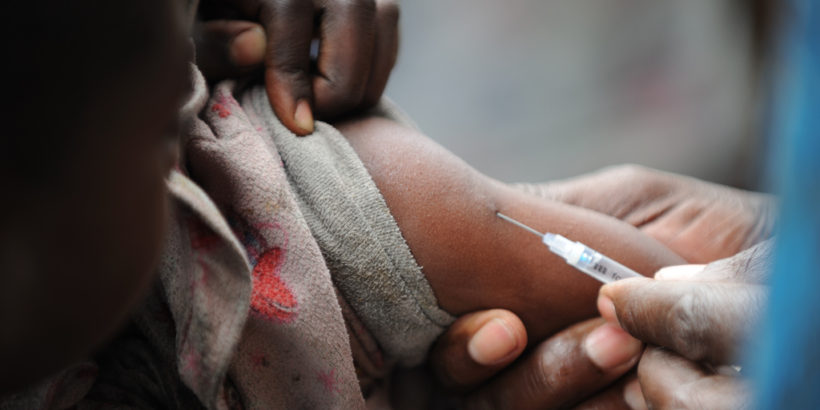Amidst all the talk of the Zika virus, potential Brazil travelers might be forgiven for overlooking some of the other diseases that can strike an unwary sightseer.
While typhoid is not nearly as much of a danger in Brazil as it is in Southeast Asia and Sub-Saharan Africa, Olympic tourists are advised to take reasonable cautions before going to Brazil. The Centers of Disease Control and Prevention officially recommend that travelers to Brazil should receive a typhoid vaccine.
Typhoid is relatively rare in Brazil. Incidence levels have dropped dramatically since the 1980s, but typhoid is still present in the northern part of the country. The last fatal outbreak of was in 2004, and there were 143 cases of the disease reported in Brazil in 2010, posing a mild risk.
However, an investigation by the Associated Press of water quality in Olympic venues found dangerously high levels of bacteria in virtually every location. Because much of the sewage in Rio is left untreated, human fecal matter and garbage often run directly into local rivers and beaches. The presence of extremely high levels of human sewage, and more specifically fecal coliform bacteria, suggests that typhoid may be present in the Rio waterways. Typhoid is spread through fecal-oral transmission, and is often contracted through eating and drinking—putting adventurous travelers at risk.
There are two vaccines available on the US traveler’s market: an oral vaccine called the Ty21a, requiring four doses, and an injectable vaccine called a Vi Polysaccharide, which only requires one dose. While they both provide herd protection, the oral vaccine is only available for those six years of age or older, so if your toddler is travelling with you, she may have to receive an injection. There are currently no vaccines approved for children younger than two years of age.
Frequent travelers might also consider how often they want to revaccinate. The oral vaccine only requires revaccination every 5-7 years, while the injectable vaccine requires it every 3 years. Of course, the availability of each vaccine depends on what your doctor has in stock or can receive.
Whichever one you choose, keep in mind that neither of them are perfectly effective. The oral vaccine reaches an efficacy of 35-67%, while the injectable vaccine reaches an efficacy of 55-72%. In order to minimize your chances of typhoid or any other waterborne illness, wash your hands frequently and practice caution over what you eat or drink.



